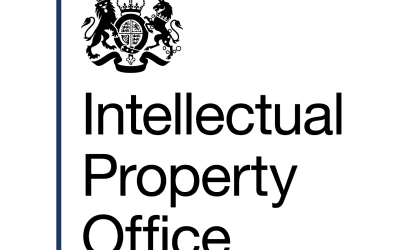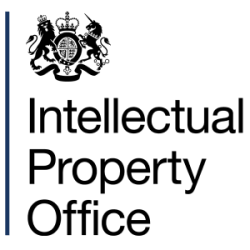- Only 33 patent cases filed at the UK High Court this year raises fear of post-Brexit drift of cases from the UK to the EU – 60 already filed at the Unified Patent Court (UPC) since June
- The UK now has almost 1,000 representatives registered with the EU’s UPC, second only to Germany
100 working days on from the launch of Europe’s new patent courts system (October 19), 10,976 Unitary Patents have now been registered, says leading intellectual property law firm Mathys & Squire. This shows just how quickly the new system has grown in just a matter of weeks since its introduction.
Under the UPC, patent holders can obtain a single patent covering 17 European countries and enforce such patents and existing European patents in participating countries by filing a single claim under the regime of the UPC. Previously, organizations had to maintain separate patents in each individual country and could only enforce a patent in the country where that patent was registered. The new system significantly reduces this complexity making enforcing and maintaining patents in Europe easier.
Nicholas Fox, Partner at Mathys & Squire, says that the Unitary Patent system, which includes the new UPC, has already been successful in positioning itself as the new system of patent protection in Europe.
As well as the growing number of patents registered under the unitary system, the number of patent disputes heard in the new UPC is also gaining pace. 60 cases have already been filed in the court since it opened in June.
In comparison, only 33 patent cases have been filed so far this year in the High Court in London indicating that the total number of High Court patent cases is likely to be similar to the 35 filed in 2022, and significantly down on the 50 or so a year normally seen in recent years (52 cases in 2019, 51 cases 2020, 49 cases in 2021).
The UPC is Europe’s new system for patent enforcement, launched in June 2023 after being in planning for many years. The UPC is intended to introduce a uniform and more efficient patent litigation framework across the European Union and significantly reduce the cost and complexity involved in IP proceedings.
Says Nicholas Fox: “The launch of the UPC seems to be accelerating a trend that was already underway – the move of patent litigation away from the UK and towards Europe.”
“Brexit created the risk that the UK is becoming a secondary location for patent enforcement rather than a primary one.”
UK patent attorneys and the Unified Patent Court
Mathys & Squire explains that the UK is not part of the UPC system after leaving the European Union. However, almost all UK patent attorneys are also qualified as European patent attorneys and roughly a third of those have been able to register to have a right to conduct litigation before the new Court. This means that UK nationals constitute the second largest group of individuals with the right to practice before the UPC. This is despite Brexit having excluded UK solicitors from practicing before the Court.
Only Germany (399 lawyers and 2,139 patent attorneys) has more IP professionals qualified to practice before the UPC than the UK (971 patent attorneys). The UK is significantly ahead of other similarly sized European countries such as France (93 lawyers, 446 patent attorneys) and Italy (124 lawyers, 322 patent attorneys) by this metric.
Owners opt 535,000 European patents out of the UPC
By default, all existing European patents granted by the European Patent Office are subject to the jurisdiction of the UPC. This potentially leaves such patents subject to revocation across multiple jurisdictions in a single revocation action. To address this, the UPC gives patent proprietors the right to opt such patents out of the jurisdiction of the new court.
Mathys & Squire says that owners have chosen to opt 535,000 patents out of the jurisdiction of the UPC. This represents approximately half of the total number of European patents in existence. Rates of opt-out have varied across technologies, reflecting the extent to which different industries consider central revocation to be a threat.
The areas with the highest opt-out rates include pharmaceuticals (64% of patents opted out), textiles (64%), and organic chemistry (63%). Whereas the lowest opt-out rates are in respect of patents for engines (32%), semiconductors (34%), and mechanical elements (34%).
Despite many existing patents having been opted out from the UPC, that has not prevented revocation actions having been filed with the new court with 15 of the 60 cases filed to date being independent revocation actions against existing European patents.
You may also like…
Nokia v. Mala Technologies: the UPC interprets its relationship with national courts
Brussels recast The Brussels I Regulation has been in force, under various names, since 1973 and defines general rules...
UK IPO celebrates first filing in new digital service
The UK Intellectual Property Office (IPO) marks a ‘game-changing moment’ as the first patent is filed in the new ‘One...
World’s largest wireless telecommunications operator China Mobile joins Open Invention Network
Chinese companies have become increasingly sophisticated regarding patents. According to the country’s top...
Contact us to write for out Newsletter














